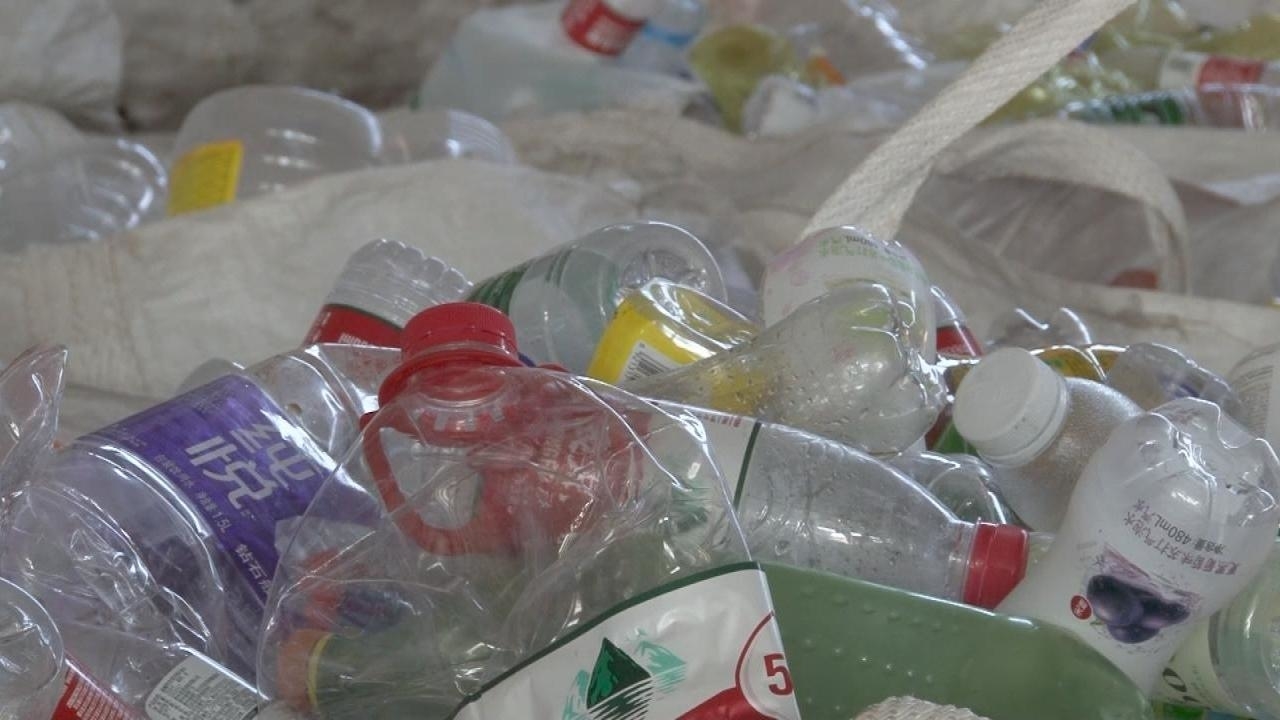TOUGH, FLEXIBLE and cheap, plastic is essential to modern living. But, much like fossil fuels, the material’s convenience comes at a price. Humans make lots of the stuff, then throw it into the ocean. This is very inexpensive, but it is terrible for the environment and unsustainable for humanity. Now lawmakers are looking at a more aggressive response: taxing “virgin plastics” — that is, new material created from oil rather than from recycled stuff. This would be a rational response to a substantial need.
Scientists reckon that 8 million tons of plastic enters the ocean each year. Among the results is the Great Pacific Garbage Patch, an accumulation of microplastics, fishing gear, bags, shoes and other debris in the North Pacific Ocean. There is plenty of visible trash, but much of the waste weathers into tiny bits that circulate up and down the water column. Marine animals feed in this plastic soup; they either die or become vectors for these microplastics to enter the food chain — at the top of which sit human beings. Microplastics also gunk up the water to the point that sunlight cannot reach plankton and other key ocean species. The effects are diverse and widespread; scientists warn that plastics are carrying invasive species across the planet. The plastic problem gets worse every day. Researchers have discovered microplastics off California’s famous Monterey Bay; others have found that the amount of marine debris washing up on remote beaches increased by more than 10 times over the course of the 2010s. When lawmakers proposed an ocean cleanliness bill in 2019, they noted that, without change, the amount of plastic would outweigh the fish in the world’s oceans by 2050. This might be a surprise to many consumers who dutifully fill their recycling bins every week. But only about 9 percent of plastic waste is recycled in the United States; the rest ends up burned, which produces greenhouse emissions, or thrown into a landfill. Low oil prices make new plastics cheap to produce, and recent changes in the recycling industry have made recycling operations even less viable. Enter a group of House Democrats, who propose to levy a tax on virgin plastics in single-use products and to invest the proceeds into ocean conservation efforts. Staffers for Sheldon Whitehouse (D-R.I.), co-chair of the Senate Oceans Caucus, said that the senator is working on a virgin plastics tax proposal of his own. Activists in California aim to put such a tax up for a vote next year.A virgin plastics tax would encourage businesses and consumers to substitute more environmentally friendly alternatives and boost the recycling industry without direct subsidies. Opponents object that the tax would be regressive — the same objections industry lodged against modest plastic bag and soda taxes. But the virgin plastics tax need not be punishingly high. And Wired’s Matt Simon points out that sufficient alternatives exist in many cases to limit the impact on consumers. Critics also argue that some alternative products, such as paper, might be heavier and cost more in greenhouse emissions to create and transport. Yet as the energy sector steadily decarbonizes, those greenhouse impacts will lessen; meanwhile, the ocean will continue filling with trash. The overwhelming flow of plastic into the ocean requires an assertive and smart response. Taxing virgin plastics ticks both boxes.
Read more:
Ann Telnaes cartoon: Our (over)use of plastics
Marcus Eriksen: I thought I’d seen it all studying plastics. Then my team found 2,000 bags in a camel.
The Post’s View: Every human should be alarmed by the plastic crisis in our oceans


